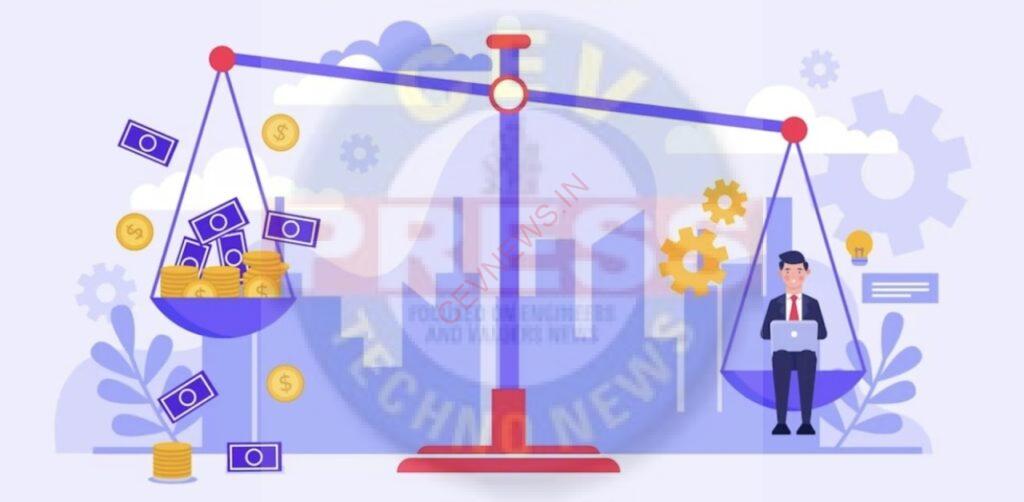VALUER ACCOUNTABILITY AND ETHICAL STANDARDS IN REPORTING
Valuer Accountability and Ethical Standards in Reporting in India
Introduction
In the context of a rapidly growing and evolving economy like India, the importance of accountability and ethical standards in valuation reporting cannot be overstated. Valuers play a critical role in assessing the worth of assets, which impacts decision-making in various sectors including finance, real estate, and investments. Ensuring that these valuations are accurate, unbiased, and ethical is essential for maintaining trust and stability in the market.
The Role of Valuers
Valuers in the Indian Market
Valuers are professionals who assess the value of various assets, including real estate, machinery, businesses, and more. Their assessments are crucial for financial reporting, investment decisions, loan approvals, and other economic activities.
Importance of Accurate Valuations
Accurate valuations are essential for:
- Investor Confidence: Reliable valuations help investors make informed decisions.
- Financial Stability: Proper asset valuation ensures the stability and integrity of financial statements.
- Economic Growth: Accurate valuations support fair trade and investment practices, contributing to overall economic development.
Accountability of Valuers
Regulatory Framework
In India, valuers are regulated by several bodies, including:
- The Companies Act, 2013: Mandates the appointment of registered valuers for various purposes.
- The Insolvency and Bankruptcy Code (IBC), 2016: Requires valuers for assessing the value of assets in insolvency proceedings.
- The Securities and Exchange Board of India (SEBI): Oversees valuers involved in capital market transactions.
Professional Standards
Valuers must adhere to strict professional standards, which include:
- Independence: Valuers must avoid conflicts of interest to provide unbiased valuations.
- Competence: They must possess the necessary skills and knowledge to conduct valuations accurately.
- Transparency: The valuation process and methodology should be transparent and well-documented.
Legal Liabilities
Valuers in India can be held legally accountable for their work. They may face penalties, suspension, or even criminal charges for misconduct or negligence. This legal accountability ensures that valuers maintain high ethical standards in their reporting.
Ethical Standards in Valuation Reporting
Principles of Ethical Valuation
Ethical standards in valuation reporting are based on principles such as:
- Integrity: Valuers must conduct their work with honesty and integrity.
- Objectivity: Valuations should be based on factual data and impartial analysis.
- Confidentiality: Valuers must maintain the confidentiality of the information provided by clients.
Challenges to Ethical Valuation
Several challenges can impede ethical valuation, including:
- Pressure from Clients: Clients may pressure valuers to inflate or deflate valuations for personal gain.
- Market Conditions: Economic volatility can complicate the valuation process.
- Regulatory Gaps: Inadequate regulations can lead to unethical practices.

Promoting Ethical Practices
To promote ethical practices in valuation reporting, several measures can be implemented:
- Education and Training: Continuous professional development for valuers to stay updated with best practices and regulatory changes.
- Stricter Regulations: Enhancing regulatory frameworks to address gaps and enforce compliance.
- Industry Associations: Strengthening industry associations to oversee and promote ethical standards among valuers.
Case Studies and Examples
Real Estate Sector
In the Indian real estate sector, accurate and ethical valuations are crucial due to the sector’s significant contribution to the economy. Instances of overvaluation or undervaluation can lead to financial crises and loss of investor confidence.
Corporate Sector
In corporate valuations, especially during mergers and acquisitions, ethical standards in valuation reporting ensure fair transaction values, protecting the interests of shareholders and stakeholders.
Valuer accountability and ethical standards in reporting are pivotal in maintaining the integrity and stability of the Indian economy. By adhering to regulatory frameworks and ethical principles, valuers can ensure that their assessments are accurate, fair, and trustworthy. Continuous efforts to enhance professional standards and regulatory oversight will further strengthen the role of valuers in India’s economic landscape.


